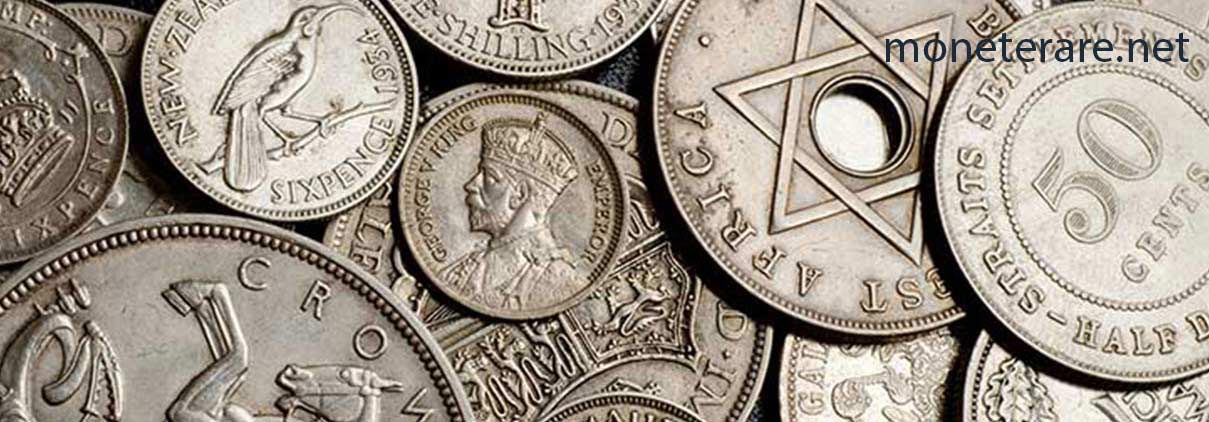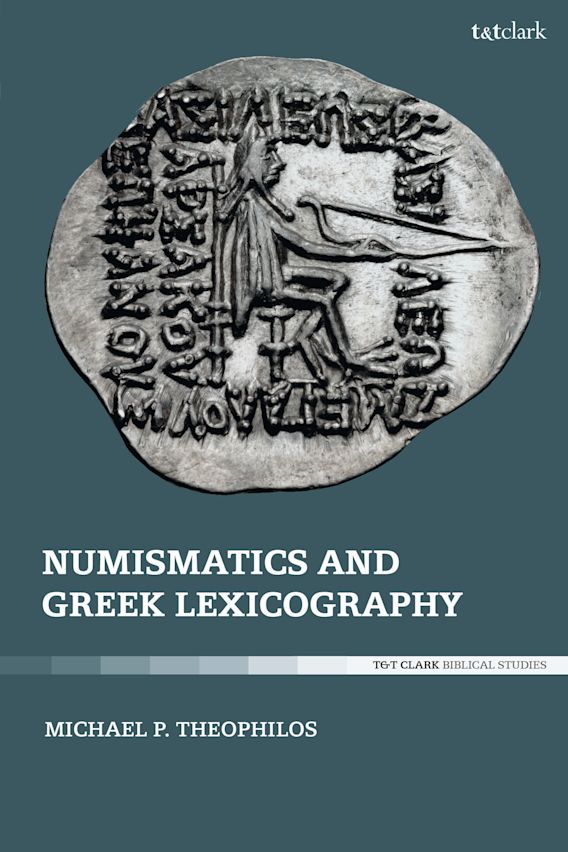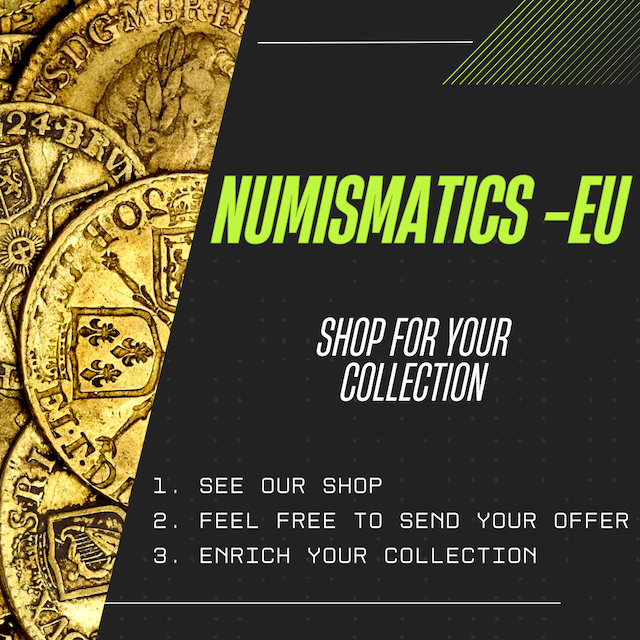Great Tips On Selecting Forint And Banknote Errors
Wiki Article
What Can I Do To Search For Global And Region Associations Within Numismatics?
Here's a systematic approach to conducting research in this area: Database Selection: Select databases that are specialized in numismatic organizations, such as the websites of major numismatic societies, such as the American Numismatic Association (ANA) and the International Numismatic Association (INC) or regional organizations, such as the Australian Numismatic Society. Here's a systematic approach to conducting such a research:Database selection: Pick databases that focus on numismatic associations, like websites of a major numismatic society like the American Numismatic Association(ANA), the International Numismatic Council(INC), or regional associations such as the Numismatic Association of Australia. Academic repositories and databases such as JSTOR offer access to proceedings of conferences as well as research papers.
Define Research Focus: Specify your research objectives. Do you wish to explore the history and current actions of global associations for regional collaborations, numismatics, conferences, publications or numismatic subjects discussed in these organizations? Make sure you know where to look in order to direct your search.
Search Strategies: Keywords like"numismatic organisations, "global numismatics" or "regional numismatics" are helpful. You can also include association names and geographic regions if you'd like. Utilize advanced search options to filter results based on the date, type of document (such as conferences papers or newsletters of associations), and geographical scope.
Data collection: Get access to information about the members' mission, their history and publications of international and regional associations. Details about past and planned research, conferences and workshops are available. Search databases for information about the association's members, its leadership, and contact details.
Analysis: Examine information to gain a better understanding of the impact of global and local society of numismatics. Study the ways these associations improve numismatic understanding and facilitate international collaborations. They also distribute their research via publications and conferences.
Cross-Referencing: Verify the accuracy of your findings by cross-referencing data from various sources and databases. Examine the activities and initiatives of different associations to get an overview of the global and local developments in the field of numismatics.
Documentation: Ensure that you note your findings in a systematic manner, including sources and methods used. Notate the database names, search terms, and relevance of each resource to the research questions.
Stay updated: Numismatics associations are continually evolving. These include new publications, collaborative projects, and conferences. Updates to the websites of the associations, newsletters databases for scholars and websites of associations will keep you informed of the most recent developments in numismatics worldwide.
These steps will help you make use of databases to study numismatics with respect to local and global associations. This technique allows for an extensive analysis of the global and regional numismatics field's structure, academic activities, and collaboration efforts. Have a look at the top rated learn more here on austrian coins for website examples including euro, banknote printing, slovak coins, bank, copyright detection, pound, banknote storage, legal tender, german coins, mint and more.

How Do I Use Databases To Study Numismatics With Regards To Coin Dealers?
In order to research the dealers in numismatics and coin dealers it is necessary to use databases that provide information about dealers, numismatics and also historical transactions. This is a systematic method for conducting such research. Some examples include numismatic online marketplaces, dealer directory provided by a numismatic organization (such as Professional Numismatists Guild), database of auction houses as well as archives from the past.
Define Research Focus: Specify your research objectives. Are you interested in understanding the background and personality of coin dealers Are you searching for market trends in numismatics sales or the price of coins at a given time, or the influence of dealers on the numismatic collection trends? Find out what you're seeking to know in order to guide your hunt.
Use keywords to find dealers, for example "numismatics market", "dealer directors" or even specific names and regions. Utilize advanced search options for filtering results by date, dealer specialty (such as modern, ancient, and rare coins) or type of transaction (auctions or private sales).
Data Collection: Access information about coin dealers. This includes their business names and locations and other details about their specialties, operating years, and profiles. Find information on notable coin dealers. Find out more about their contribution to numismatic studies and collectible communities.
Analysis: Examine and analyze the data to gain a better understanding of the role that coin dealers play. Find out how dealers impact market dynamics, shape the trends in collecting verify and grade coins, and assist in the spread of knowledge in numismatics through educational or publication.
Cross-Referencing. Make sure that the information you have is correct and complete by comparing it with other databases such as auction records, archives of the past. This will guarantee accuracy and completeness of your research and provide insights into the various aspects and contributions of coin dealers to numismatics.
Documentation. Record your findings from research by citing sources, and recording any methodology you used. Note the database's names, search terms and relevance of each source to your study.
Stay Up-to-date: The numismatic market and dealer landscape change with the introduction of new auctions, dealer entries and market developments. Keep updated by keeping track of updates from numismatic auction houses, societies and online marketplaces to stay on top of the latest developments.
Databases can be utilized to a degree that's effective in analyzing numismatics particularly when it comes to coin dealers. This method allows for an exhaustive study of historic profiles, market influences and the scholarly contributions made by dealers in the numismatic world. It can provide valuable insight into collecting habits and market trends. Follow the top coin forum url for blog tips including bank, coin, coin collecting, coin errors, german coins, dirham, denomination, coin die, federal reserve, currency history and more.

How Can I Research Numismatics With Respect To Auction Houses Using A Database?
The study of numismatics in relation to auction houses requires databases that concentrate on auction records as well as historical sales records, and the expertise of auction experts. A method that is structured is provided to assist you in conducting this kind of research. Examples include auction house websites (such as Stack's Bowers Galleries or Heritage Auctions), online auction platforms, as well as numismatic platforms which archive results.
Define Research Focus: Specify your research objectives. Do you wish to better understand of market prices for certain coins, trends within numismatics collecting, or the effect of auctions on market values? Find out the purpose of your research.
Utilize keywords like "numismatics auctions" or "auction catalogues for houses," and geographic areas if suitable. It is also possible to include auction house names. Utilize advanced search options to filter results based on the date and type of coin. You can also choose auction categories, such as ancient coins, contemporary coins, or paper money.
Access to auction catalogues, sales records, and other information. Find auction details, coin images and condition reports. Search databases that provide auction catalogues that are archived and results to perform in-depth analyses.
Analysis: Analyze data to better discern market trends and dynamics. Assess the price of coins that are rare, the pattern of auction activity and the impact that auction house expertise has on the appraisal and attribution of numismatic pieces.
Cross-References: Confirm what you have found by cross-referencing data from several auction house databases. Also, look through the numismatic publications and historical auction archives. This ensures accuracy and completeness of your research and provides an extensive view of the contributions of auction houses to the field of numismatics.
Documentation: Record your findings consistently using sources and highlighting the methodology you used, and also referring to any other pertinent information. Take note of the information in the databases you accessed and the search terms you employed and the significance each source has to the question you're researching.
Keep up-to-date: Auctions for numismatics are constantly changing with new records and sales continuously being established. For the latest developments in the numismatic market and trends in auctions, keep track with the latest news from auction house websites societies for numismatics and databases of auction results.
These steps can assist you to study numismatics by using databases in relation to the auction houses. This method lets you study the dynamics of markets and historical sales data and the auction expert's expertise that shapes the numismatic collecting scene. Follow the recommended read full article on proof coins for blog tips including numismatics, coin show, coin mintmark, ringgit, coin history, engraving, banknote design, franc, rial, currency exchange and more.

How Can I Research Numismatics With Respect To Educational Institutions Using A Database?
If you're interested in researching numismatics with respect to educational institutes, you can use databases that focus on academic programs. Also, look for publications and research projects. It is a method that is structured to conduct such research. These databases include libraries for universities, academic journal databases like JSTOR museum databases, such as those offered by numismatic collections and institutional repository sites.
Define Research Focus: Specify your research objectives. Are you interested in learning more about the courses in numismatics provided by universities, research projects conducted by academic institutions, collections of numismatics that are held by museums associated with universities, or scholarly publications by numismatic scholars? Define your goals in order for your investigation.
Make use of keywords such as "numismatics classes,"" "academic Research in Numismatics" or "university museum with numismatic collection" and, if necessary, add specific institutions. Use advanced search options to filter results based on date and academic disciplines (history archaeology classics) as well as type of publication.
Data collection: Get the information about museums' collections, research projects, as well as scholarly articles from educational institutions. Find out more about numismatic courses as well as research abstracts, museum catalogs.
Analyze your data in order to understand the research and academic contribution of institutions that teach numismatics. Examine the extent of numismatic education, interdisciplinary approaches for numismatic research and the contributions of museum collections in advancing research in numismatics.
Cross-Referencing - Check the validity of your research by comparing data across multiple databases, universities' websites museums collections, and academic papers. This will help you ensure your work is complete and correct. This will also give you an insight into the educational industry's involvement in Numismatics.
Documentation - Record your findings by citing sources and noting the methodologies you've employed. Take note of the information in the databases you used, the search terms you used, and how each source is related to your research.
Numismatic programs and research are constantly evolving. The latest publications as well as courses and research initiatives will be added. Updates on the websites of universities and museum announcements, as well as academic journals will keep you aware of the most recent developments in the field of numismatics.
Use these guidelines to use databases to gain insight into the numismatics of educational institutions and numismatics. This method allows for a thorough analysis of the opportunities for research and education as well as academic initiatives, which influence the study of numismatics, and its appreciation within university and museums settings. Have a look at the top rated banknote expo for more tips including silver coins, coin pressing, banknote display, coin grading, coin mintmark, currency dealer, coin series, bullion coins, uncirculated coins, czech coins and more.

How Do I Research Numismatics, In Regards To Industry Consultants?
To conduct research on consultants from the industry, use databases that are geared towards individuals, consulting firms as well as industry reports or publications from the numismatic society. This is a step-by-step guide for conducting this research: Database selection: Choose databases that specialize in reports for industry, publications, and consulting companies. These include business directories as well as websites for consulting firms. Additionally, they contain publications from numismatic societies.
Define Research Focus: Specify your research objectives. Are you interested in consulting for numismatic enterprises, market research reports on numismatics (or specific consultants' expertise in particular numismatic segments), or trends that consultants have identified within the industry? Determine the goal of your research.
Search Method: Search using words like "numismatic industry consultant", "numismatic consultancy firms" as well as "market analyses on coins" to locate appropriate results. If applicable you could also include geographical regions and specific areas of knowledge. Advanced search options allow users to filter their search by date, specialist area of the consultant and the type of consulting service provided.
Data collection: Find information about firms of consulting that concentrate in numismatics, or industry experts that offer services to companies in the numismatics sector. You can collect information about consultants, their specialties (such as market analysis, collection and authentication management) and testimonials from customers and reports from industry experts, etc.
Analyze the information to determine the role and contributions of consultants from industry in numismatics. Evaluate consultants' expertise and methodologies in providing advice on numismatic investments and market trends. Also, evaluate their strategies for managing collections and compliance with regulations.
Cross-References: Make sure that the information you have provided is correct by comparing it to other databases, publications from organizations for numismatics and reports from the industry. This will guarantee the accuracy and completeness of your research. This also gives you complete information about the consulting field in numismatics.
Documentation. Record your research findings by citing sources noting the methods used. Detail the databases that you use, the search terms used and the relevance of sources to your questions.
Stay updated. Trends in the market, consultancy services, as well as the latest economic news and updates to the regulatory environment will impact the numismatic market. Stay up to date with industry trends by keeping an eye on the websites of consulting companies and reports from industry experts.
Following these steps, you'll be able to effectively make use of databases to research the world of numismatics and industry consultants. This approach allows for an in-depth study of the consultancy services, market analysis and strategic analysis provided by consultants working within the numismatic industry. These insights provide valuable insights into numismatic business operations as well as investment strategies and market dynamics. See the recommended currency grading info for more tips including banknote production, banknote marketplace, numismatic value, coin, coin edge, coin value, coin rarity, coin mold, design, currency dealer and more.
